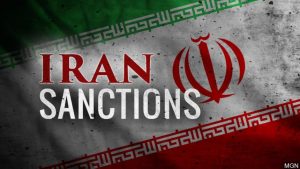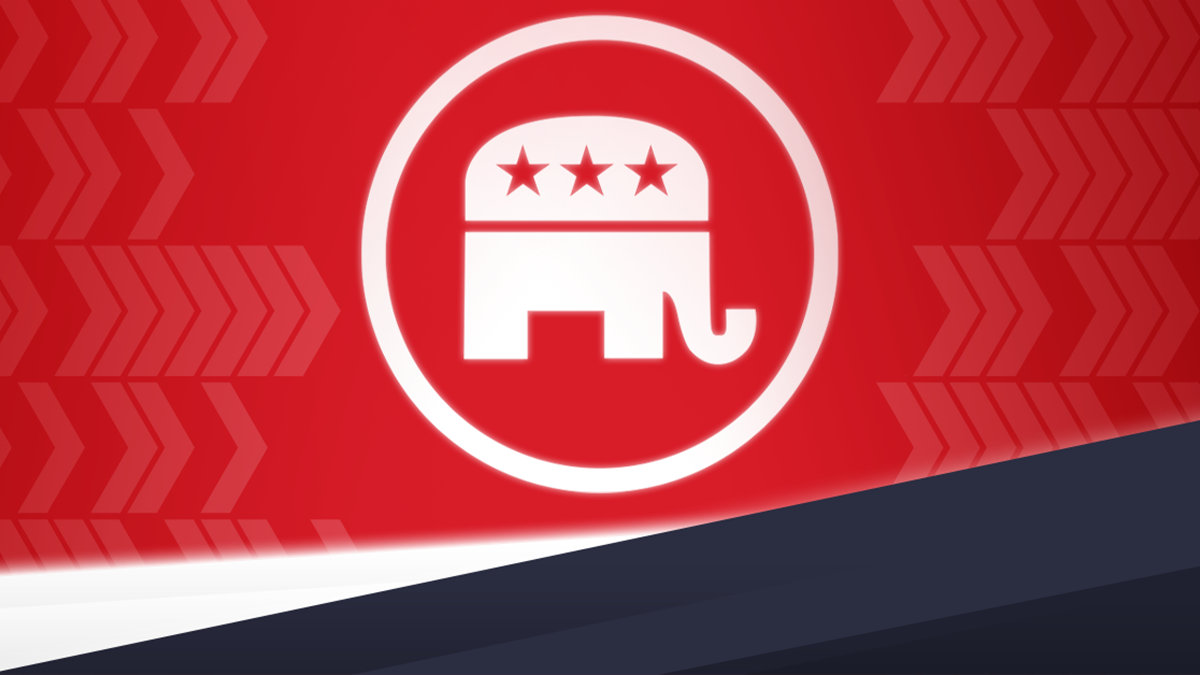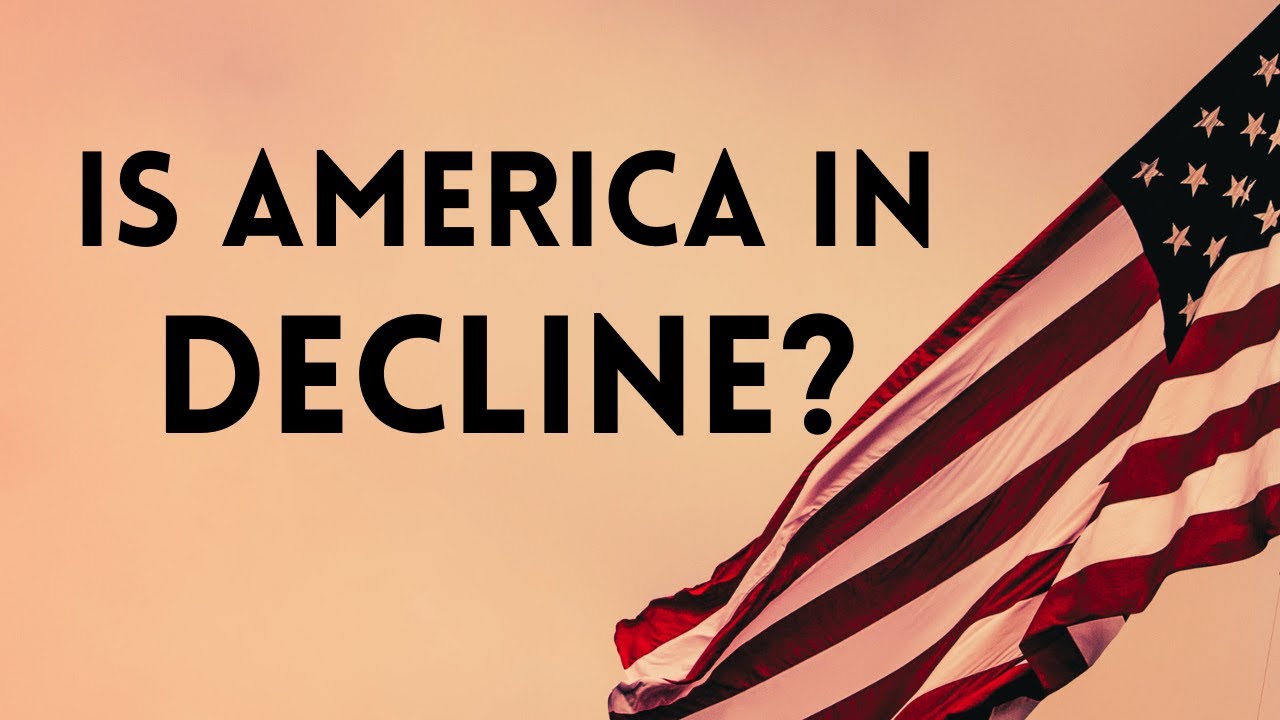(ThyBlackMan.com) The latest chapter in Iran’s 40-year confrontation with the U.S. reveals who our friends are.
Following the termination of Iran’s terror chief, President Trump announced further economic sanctions on Iranian officials and Iranian companies.
The president authorized the Treasury Department to blacklist any individual or company operating in the construction, manufacturing, textiles and mining sectors of the Iranian economy or, notably, anyone assisting them.
It will be interesting to see how the third-party sanctions develop. Our European “allies” have been some of Iran’s largest trading partners.
The European Union exported nearly $13 billion in goods to Iran in 2017 after sanctions were lifted, roughly 100 times U.S. exports to Iran the same year.
Back in 2018, the U.K., France and Germany were so eager to bust the economic blockade reimposed after the Iran nuclear deal fizzled, it set up INSTEX, a financing mechanism to help companies move money in and out of Iran since Western banks will not, fearing legal action by the U.S.
The effort was overseen by a German banking executive, which made sense since German companies have been major providers of goods and services to Iran.
German industrialists drive German government policy, and Berlin fought hard to save the Iran nuclear deal.
“German Economy Minister Brigitte Zypries said Germany, as one of Iran’s most important trading partners in Europe, had a ‘great interest’ in preserving the agreement. German exports to Iran rose 23 percent to 1.4 billion euros in the first half of 2017” after sanctions were lifted, Reuters reported.
Iran has been especially good for the German industrial giant Siemens.
Siemens rose from the ashes of Auschwitz crematoria (which it built) to become a global energy, infrastructure, automation, healthcare and engineering conglomerate.
Siemens was one of the first companies to make a deal with Iran after the Obama administration lifted sanctions. It landed contracts worth billions to build railroads, power plants and natural gas compressors for the Islamist regime.
Siemens’ subsidiary Nokia provided Tehran’s ayatollahs with the surveillance apparatus to spy on opponents’ phone calls and social media activities during the Green Revolution, according to Iranian human rights activists.
You can’t say “Iran nuclear deal” without “nuclear,” and you will find Siemens’ fingerprints there, too.
Siemens built Iran’s nuclear reactors before the 1979 revolution and then sold Iran spare parts through second and third parties in violation of international sanctions imposed after the revolution.
That’s not all. Siemens software controlled the uranium enrichment centrifuges at the center of Iran’s drive for an atomic bomb. When the Stuxnet computer virus monkey-wrenched Tehran’s nuclear program, Siemens reassured its Iranian customers the problem could be easily fixed – with Siemens’ help.
After the U.S. reimposed sanctions, Siemens announced it would not seek new business in Iran. But you can be sure it’s eager to find a way back in.
Just last month, the Tehran Times reported Siemens and Iran’s largest energy construction and engineering group are cooperating on building F-class gas turbines to boost efficiency at Iranian power plants.
“Iranian officials have hailed Siemens’ commitment to joint venture schemes, including contracts on the transfer of technology, saying it is a sign the company is valuing its long history of presence in the country and shows that the Germans are keen to resume work in Iran,” the paper declared.
Germany’s accommodating stance toward Iran has not gone unnoticed. In 2018, the chairman of Germany’s Jewish community, Dr. Josef Schuster, called for “an immediate halt to any economic relations with Iran. Any trade with Iran means a benefit for radical and terrorist forces, and a hazard and destabilization for the region.”
“It seems paradoxical that Germany – as a country that is said to have learned from its horrendous past and which has a strong commitment to fight anti-Semitism – is one of the strongest economic partners of a regime that is blatantly denying the Holocaust and abusing human rights on a daily basis,” Schuster said. He added Berlin should stop “doing business with a fanatic dictatorship that is calling for Israel’s destruction, pursuing nuclear weapons and financing terror organizations around the world.”
Siemens finds itself in good company in Iran. The top executive of Chinese telecom giant Huawei is awaiting extradition to the U.S. to face charges of violating sanctions. The United States has also sanctioned Chinese state-run energy company for buying Iranian oil. Satellite imagery captured Iranian tankers parked in Chinese ports. China has been called Tehran’s last-ditch lifeline.
You can be sure Washington will be watching China and the Europeans closely in the weeks ahead.
Written by Curtis Ellis
Official website; http://twitter.com/curtiswellis

















Leave a Reply